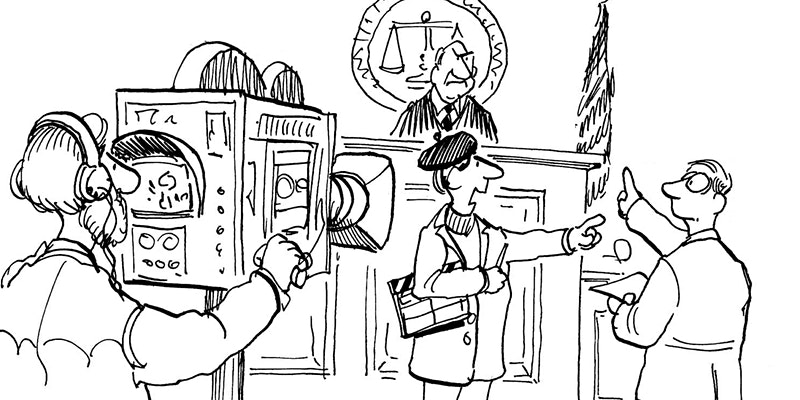
Other topics include defamation; invasion of privacy; protecting your stories and avoiding being sued when portraying others; typical compensation and terms of contracts; merchandising deals; and negotiating tactics and strategies.
This seminar includes more than 100 pages of useful contracts, checklists, forms, and materials. This class is for writers, filmmakers, content producers, attorneys, arts professionals and whoever is interested in the topic.
This program will be taught by Mark Litwak, Esq., Law Offices of Mark Litwak and Associates.
Continuing Legal Education through VLA: Seven (7) New York Continuing Legal Education credits awarded for attorneys: 4 Areas of Professional Practice Credits, 2 Skills credits, and 1 Ethics credit. This program qualifies as “transitional” for newly admitted attorneys.
Participants will receive an email in advance of this workshop with instructions to access. Please, therefore, make sure that you have regular access to the email address you use to register.
Date And TimesThu, Apr 29, 2021, 10:00 AM –1:30 PM PDT
Fri, Apr 30, 2021, 10:00 AM –1:30 PM PDT
While the seminar in the past a been a full day seminar, it is broken into two parts for the webinar of 3.5 hours each day.
For more information on this program, please contact VLA at [email protected].
More info and to Register.

